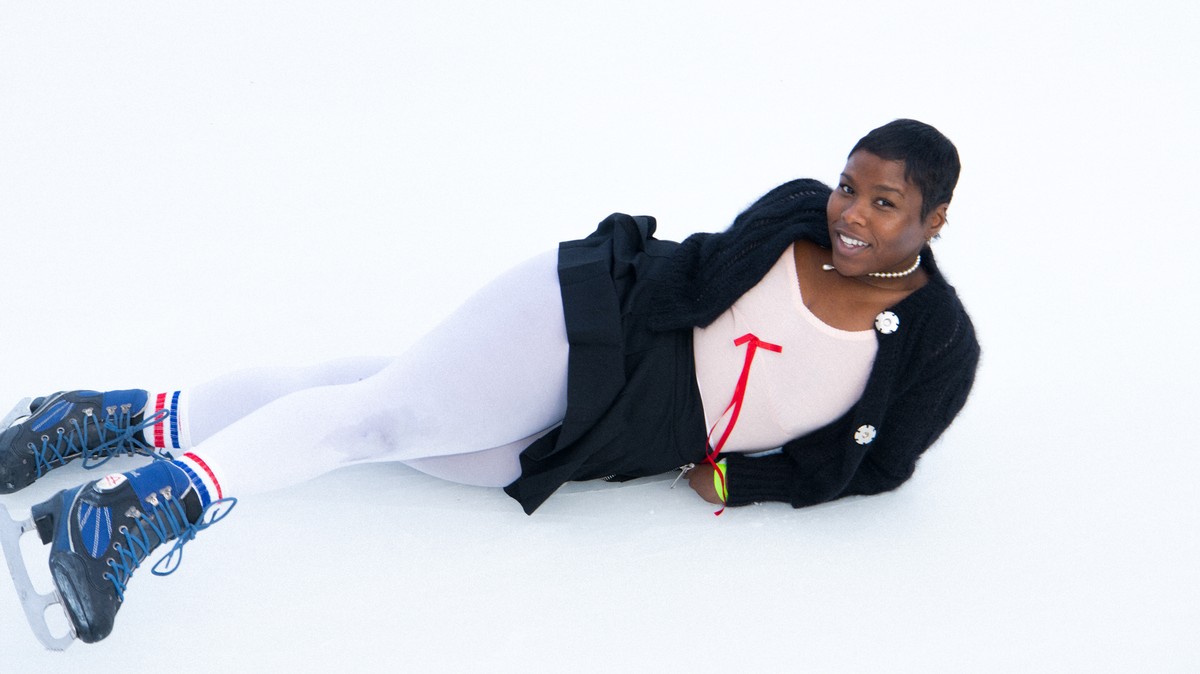Escenarios (Sceneries)
2014 - Film & Video (Film & Video)
15:00 minutes (looped)
Maya Watanabe
In Escenarios (Sceneries) Maya Watanabe films forgotten wastelands through a series of 360° camera movements that highlight the dramatism and visual richness of terrain that would be otherwise forgotten. Her choice to depict these lands is a reference to the devastated geography that now grips her Peru after decades of destruction from a grueling Civil War—the second largest internal conflict in the history of Latin America. Through the videos of this post-conflict territory she alludes at once to the sombre episode in Peru’s recent history, as well as her memory of it: fragmented and contused. Escenarios is a three-channel video installation with each screen showing barren, isolated or forbidden locations, all relating to the tumultuous history and present status of Peru. One screen records “El Frontón”, an island located off the coast of Lima that used to be the location of a prison. In 1986, in response to an uprising, the Peruvian Navy bombed the site, killing 80% of the prisoners. The subsequent court case is still pending, and today it’s forbidden to access the island, which seabirds have now colonized. The second screen’s subject is a landfill. In the desert, mounds of rubble and trash look like derelict, forgotten cities. The refuse smolders and a beat-up car burns. The final screen documents a large open-air cemetery. Crosses and shrines emerge from the thick fog and vultures swoop overhead ominously. In Escenarios memory is a difficult entity. It is recorded in the land that constitutes the country. In the video, Watanabe deals with the armed conflicts in Peru between the 1980s and 2000s in an abstract and open way. The video loops in an endless long-take that suggests memory is a mute and unresolved issue.
Drawing on her background in theater design and direction, Maya Watanabe is known for her multi-channel video installations that explore the relationship between language, collectivity, identity, and space. Considering words, silences and the interweaving of the two, her videos are often slow, controlled, and cyclical in nature. Earlier works incorporate references and methodologies from cinematographic language, often involving one or several actors performing a script and interacting with the camera through choreographed movements. The texts narrated by the actors are either borrowed quotes from movies or modified poems and scripts, which become untethered when taken out of their original context. The ambiguity and lack of narrative that results reveals the imprecise nature of perception and the images and memories that we rely to construct identity. Recent works examine the landscape, exploring their tendency towards the fantastical and ability to conjure memories. With particular attention to the legacy and history of Peru, her work considers the fragmented, uprooted, and mutable past of a place, and how issues of historical instability can take centuries to resolve.
Colors:
Other related works, blended automatically
» see more

© » KADIST
Maya Watanabe
2021Maya Watanabe’s video installation Bullet unfolds within the context of the Peruvian justice and forensic systems...
Related works sharing similar palette
» see more

© » KADIST
Mateo Lopez
2012With Roca Carbon ( Charcoal Rock , 2012) and Roca Grafito ( Graphite Rock , 2012), López plays with our relationship to inert and unremarkable objects such as rocks...

© » KADIST
Gabriel Pericas
2014“Efficiency & Abyss 1” is part of a series of photographs of stacked chairs in an auditorium...

© » KADIST
Nikita Kadan
2013Ukraine is under tension due to the politics of President lanoukovitch since 2010...
Other works by: » Maya Watanabe
» see more

© » KADIST
Maya Watanabe
2021Maya Watanabe’s video installation Bullet unfolds within the context of the Peruvian justice and forensic systems...

© » KADIST
Maya Watanabe
2013Three men with their backs to each other, dressed similarly in dark colors, stare straight at the camera...

© » KADIST
Maya Watanabe
2011El Contorno (Outlines) is a three-channel video installation that features five actors performing a script—at times individually and at times in unison—choreographically moving across an indistinct urban space...
Related works found in the same semantic group
» see more

© » KADIST
Andrés Pereira Paz
2018Juan III (Pescadores En Una Isla) is a series of embroideries made with fake pre-Columbian fabrics produced by the Gonzales family, a three-generation family of pre-Columbian textile “forgers” based in Lima, Peru...

© » KADIST
Alexis Smith
1990Iron Sorrows (1990) brings together what are for Alexis Smith common motifs and materials such as scavenged and repurposed metal, and street signage...



